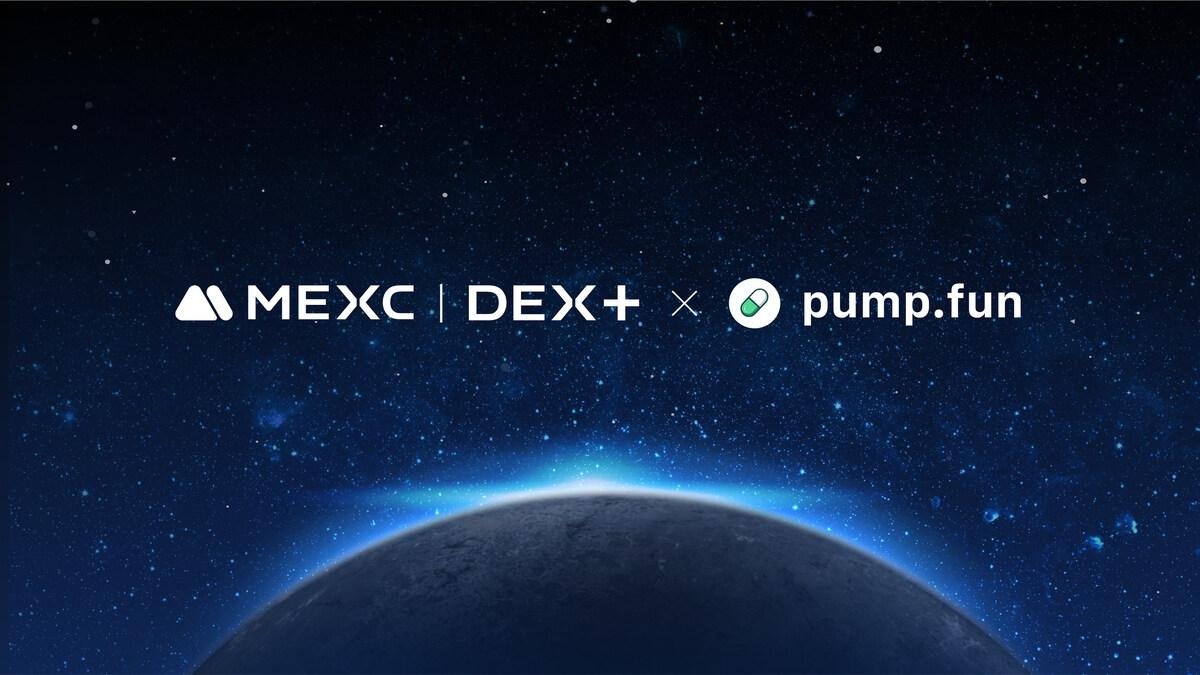The legal battle between cryptocurrency exchange giant Coinbase and the Federal Deposit Insurance Corporation (FDIC) just took a dramatic turn! In a significant development for the crypto industry, a U.S. court has decided to lift the stay on Coinbase’s Freedom of Information Act (FOIA) lawsuit against the FDIC. This pivotal moment, announced by Coinbase Chief Legal Officer (CLO) Paul Grewal on X, signals a renewed push for transparency and accountability from regulatory bodies concerning the burgeoning digital asset space. What does this mean for Coinbase, and more broadly, for the future of crypto regulation in the United States? Let’s dive into the details of this developing story.
Why is Coinbase Suing the FDIC? Unpacking the FOIA Lawsuit
To understand the gravity of this legal action, it’s crucial to grasp why Coinbase initiated this lawsuit in the first place. The heart of the matter lies in the Freedom of Information Act (FOIA), a law that grants the public the right to request access to federal agency records. Coinbase, leveraging this act, sought to obtain documents from the FDIC. However, according to Coinbase, the FDIC has been less than forthcoming, allegedly withholding crucial information and hindering the exchange’s legitimate requests.
Paul Grewal’s announcement on X highlighted the core issue: Coinbase believes the FDIC possesses documents vital to understanding the regulatory landscape surrounding digital assets. The exchange argues that these documents are essential for informed decision-making and for ensuring fair and transparent regulatory practices within the crypto industry. But what exactly is Coinbase hoping to uncover?
- Transparency Concerns: Coinbase’s lawsuit underscores growing concerns about transparency within regulatory bodies like the FDIC, particularly concerning their approach to the rapidly evolving crypto sector.
- Information Access: The FOIA lawsuit is fundamentally about access to information. Coinbase asserts its right to obtain these documents, believing they hold key insights into the FDIC’s stance and internal discussions related to crypto assets.
- Regulatory Clarity: Ultimately, Coinbase seeks greater regulatory clarity. By gaining access to these documents, they aim to better understand the FDIC’s perspective and potentially influence future regulatory frameworks.
This isn’t just about one company’s legal tussle; it reflects a broader tension between the crypto industry and regulatory bodies striving to adapt to this innovative space.
Court Lifts the Stay: What’s the Significance?
The court’s decision to lift the stay is a significant victory for Coinbase. A ‘stay’ in legal terms means a temporary suspension of proceedings. For the court to lift this stay implies that the judge believes the lawsuit should proceed and that there is merit in Coinbase’s claims. This action injects fresh momentum into Coinbase’s pursuit of information from the FDIC.
Here’s why this development is noteworthy:
| Aspect | Significance of Lifting the Stay |
|---|---|
| Legal Momentum | Reactivates the lawsuit, allowing Coinbase to continue its legal pursuit of the documents. |
| Judicial Scrutiny | Indicates the court recognizes the legitimacy of Coinbase’s concerns and the need for the case to be heard. |
| Pressure on FDIC | Increases pressure on the FDIC to cooperate and potentially disclose the requested documents, or further justify their withholding. |
| Industry Impact | Sets a precedent for crypto companies seeking transparency from regulatory agencies through legal channels like FOIA. |
Essentially, the court’s decision is a green light for Coinbase to move forward and actively pursue its information requests. It’s a clear signal that the legal system is willing to examine the transparency practices of regulatory bodies when it comes to the crypto sector.
FOIA and Crypto: Why Does Transparency Matter?
Why is a FOIA lawsuit relevant to the broader crypto community? Transparency is paramount in any industry, but especially in the nascent and often misunderstood world of digital assets. For crypto regulation to be effective and fair, it must be based on open communication and accessible information. When regulatory bodies operate in opacity, it breeds mistrust and hinders innovation.
Here’s why transparency through mechanisms like FOIA is crucial for the crypto ecosystem:
- Building Trust: Openness from regulatory bodies builds trust with crypto businesses and the public, fostering a more collaborative environment.
- Informed Decision-Making: Access to information allows crypto companies to make informed decisions about compliance and business strategies, promoting responsible growth.
- Fair Regulation: Transparency ensures that regulations are developed and applied fairly, without hidden agendas or biases, creating a level playing field for all participants.
- Accountability: FOIA lawsuits hold regulatory agencies accountable for their actions and decisions, ensuring they operate within the bounds of the law and in the public interest.
- Innovation and Growth: A transparent regulatory environment encourages innovation and growth within the crypto industry by reducing uncertainty and fostering confidence.
Coinbase’s lawsuit is therefore not just about their own access to documents; it’s about setting a precedent for transparency that benefits the entire crypto industry. It’s a fight for a more open and accountable regulatory landscape.
What’s Next for Coinbase and the FDIC? The Road Ahead
With the stay lifted, the Coinbase FDIC lawsuit is back on track. What can we expect to see unfold in the coming weeks and months?
- Discovery Phase Resumes: The legal process will likely re-enter the discovery phase, where Coinbase can formally request documents and information from the FDIC.
- FDIC Response: The FDIC will need to respond to Coinbase’s requests, either by providing the documents or by providing further legal justification for withholding them.
- Potential Negotiations: There might be room for negotiation between Coinbase and the FDIC outside of court. The increased pressure from the lawsuit could incentivize the FDIC to be more cooperative.
- Court Rulings: The court may issue further rulings on the scope of the FOIA request and the FDIC’s obligations to disclose information.
- Industry Watch: The entire crypto industry will be closely watching the developments, as the outcome could have significant implications for how regulatory bodies interact with crypto companies in the future.
The journey ahead is uncertain, but one thing is clear: Coinbase is determined to pursue this lawsuit to its conclusion. Their fight for transparency from the FDIC is a battle that resonates throughout the crypto world, underscoring the ongoing quest for clarity and fairness in crypto regulation.
Conclusion: A Victory for Transparency or Just the Beginning of a Longer Fight?
The court’s decision to lift the stay in Coinbase’s FOIA lawsuit against the FDIC is undoubtedly a positive step for the crypto exchange and a symbolic win for the principle of transparency. It signifies that the legal system is willing to scrutinize the information-sharing practices of regulatory agencies in the context of the digital asset industry. However, this is likely just one battle won in a larger war for regulatory clarity and openness.
While this development breathes new life into Coinbase’s pursuit of crucial documents, the FDIC may still resist full disclosure, potentially leading to further legal hurdles and prolonged proceedings. The ultimate outcome remains uncertain, but the message is clear: the crypto industry is increasingly assertive in demanding accountability and transparency from its regulators. Coinbase’s bold move could pave the way for a more open and constructive dialogue between the crypto sector and regulatory bodies, ultimately shaping a more balanced and innovation-friendly regulatory landscape for the future of crypto.
To learn more about the latest crypto regulation trends, explore our article on key developments shaping crypto regulatory landscape.






